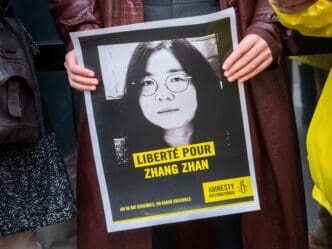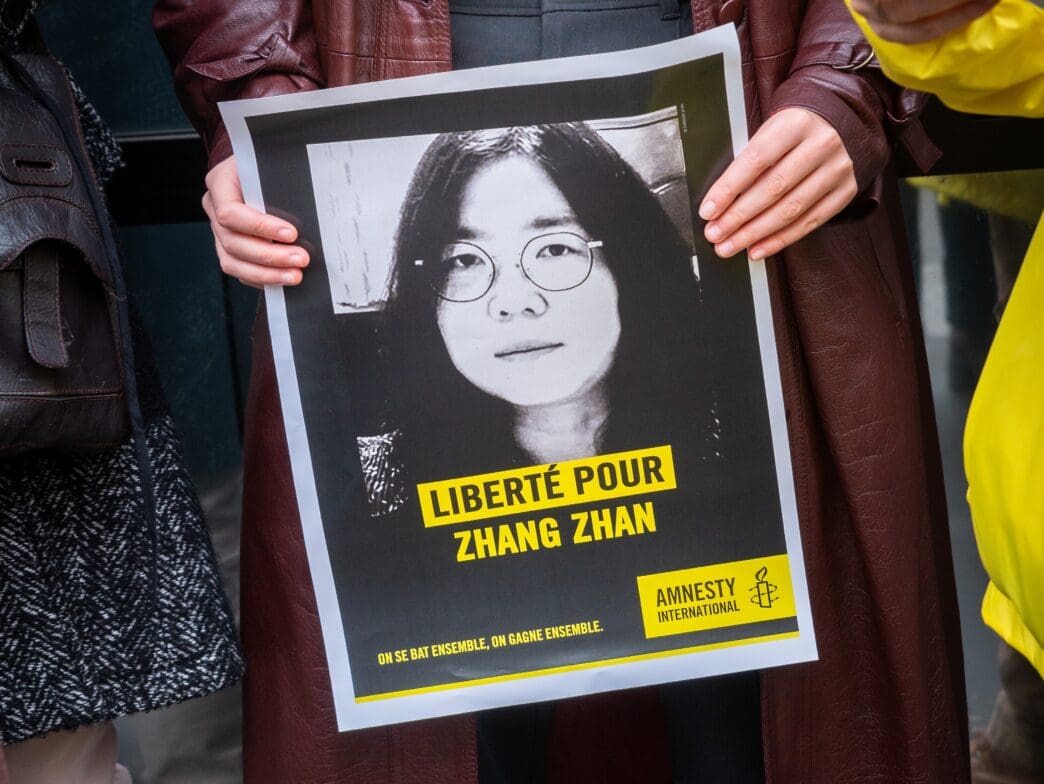Executive Summary
The Story So Far
Why This Matters
Who Thinks What?
Chinese journalist Zhang Zhan, 42, was sentenced on Friday to an additional four years in prison on the charge of “picking quarrels and provoking trouble.” This latest conviction follows her reporting on China’s human rights abuses, coming just months after her release from a prior four-year sentence for documenting the early stages of the COVID-19 outbreak in Wuhan.
Background of Zhang Zhan’s Case
Zhang was initially arrested in December 2020 and subsequently imprisoned for four years. Her initial detention stemmed from her extensive reporting, which included videos posted from crowded hospitals and empty streets, depicting a more severe early picture of the pandemic than the official government narrative.
During her initial imprisonment, Zhang’s lawyer stated that she believed she was being persecuted for exercising her freedom of speech. She reportedly went on a hunger strike, leading to her hands being strapped and her being force-fed by police.
Recent Developments and Charges
After completing her initial sentence, Zhang Zhan was released in May 2024. However, she was re-detained three months later, formally arrested, and subsequently placed in Shanghai’s Pudong Detention Center.
The charge of “picking quarrels and provoking trouble” is the same one used in her December 2020 conviction. Chinese authorities have consistently refrained from publicly specifying the exact activities for which Zhang was charged in either instance.
Implications for Journalism in China
Zhang Zhan’s continued imprisonment underscores the challenges faced by independent journalists reporting on sensitive topics within China. Her case highlights the government’s use of broad charges against those perceived to challenge official narratives, particularly concerning public health crises and human rights.








